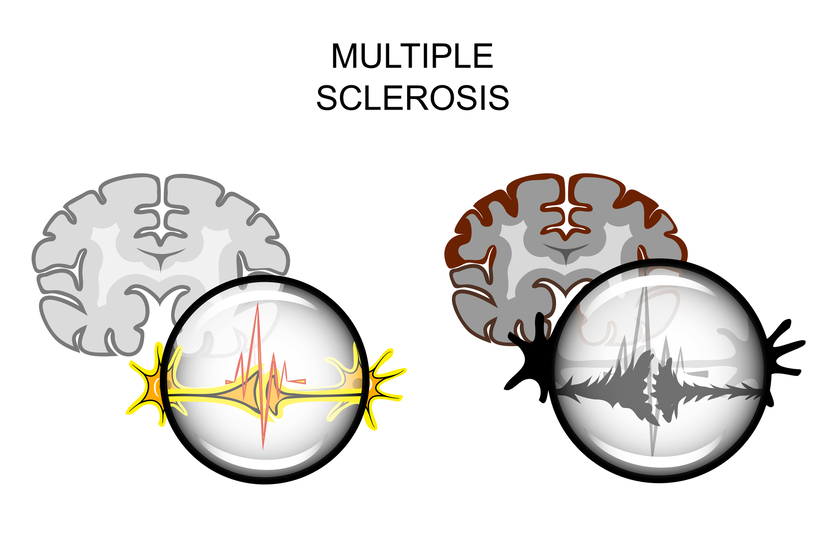Do you suspect that a loved one may have MS? Might you be experiencing symptoms? Either way, you’ll want to familiarize yourself with the signs of MS in seniors. It is important for early intervention and improved quality of life. MS – Multiple Sclerosis – affects the central nervous system as a chronic neurological disorder. While MS is commonly diagnosed in younger adults, it can also manifest in residents, presenting unique challenges for both diagnosis and management.
The Subtle Onset of Symptoms and Signs of MS in Seniors
The signs of MS in seniors can be subtle and often mistaken for normal aging or other health conditions.
- Fatigue: One of the early indicators is fatigue, which can be intense and incapacitating. Different from typical tiredness, MS-related fatigue can interfere with daily activities and persist despite rest.
- Weakness/Numbness: Retirement-age individuals may also experience weakness or numbness in one or more limbs, often on one side of the body at a time. This can lead to difficulty with coordination and balance, increasing the risk of falls and injuries.
- Eyesight: Vision problems are another common sign of MS in retirees. Blurred or double vision, as well as pain during eye movement, can indicate optic neuritis (a condition associated with MS). Some people might also experience partial or complete loss of vision in one eye. These visual disturbances can be frightening and greatly impact daily functioning.
-
Cognitive and Emotional Changes: Cognitive decline is a big concern in golden agers, and MS can worsen this issue. Retirees with MS might experience memory problems, difficulty concentrating and slowed information processing. These cognitive changes can affect their ability to perform everyday tasks and participate in social activities.
Emotional changes are also common, with many people experiencing depression, anxiety or mood swings. These emotional challenges can be a direct result of the disease’s impact on the brain or a reaction to the physical limitations imposed by MS.
The Role of Health and Wellness Programs
Recognizing the signs of MS in golden agers is the first step towards effective management. Health and wellness programs play a big part in this process. These programs offer care that includes physical therapy, occupational therapy and speech therapy, all specialized to the unique needs of those with MS.
Physical therapy can help maintain mobility and reduce muscle stiffness, while occupational therapy focuses on improving the ability to perform daily activities. Speech therapy is beneficial for those experiencing difficulties with speech or swallowing, which can occur in advanced stages of MS.
Besides therapy, health and wellness programs often provide support groups and counseling services. These services help retirement-age individuals and their families cope with the emotional aspects of living with MS.
Making Good Use of Services and Amenities
Assisted Living communities offer a range of services and amenities designed to support residents with MS. These communities provide a safe and supportive environment where residents can receive personalized care. Services like medication management, meal preparation and housekeeping support allow individuals to focus on their health and well-being rather than daily chores.
Recognizing MS Signs in Seniors: A Guide for Retirees
Multiple Sclerosis can present unique challenges for retired individuals. We understand the importance of early detection. Our trained care team is attentive to subtle changes in mobility, vision and cognition that may indicate MS.
We provide compassionate support and specialized care for residents facing this condition. Call 301-766-0066 or use our online form to reach out.







